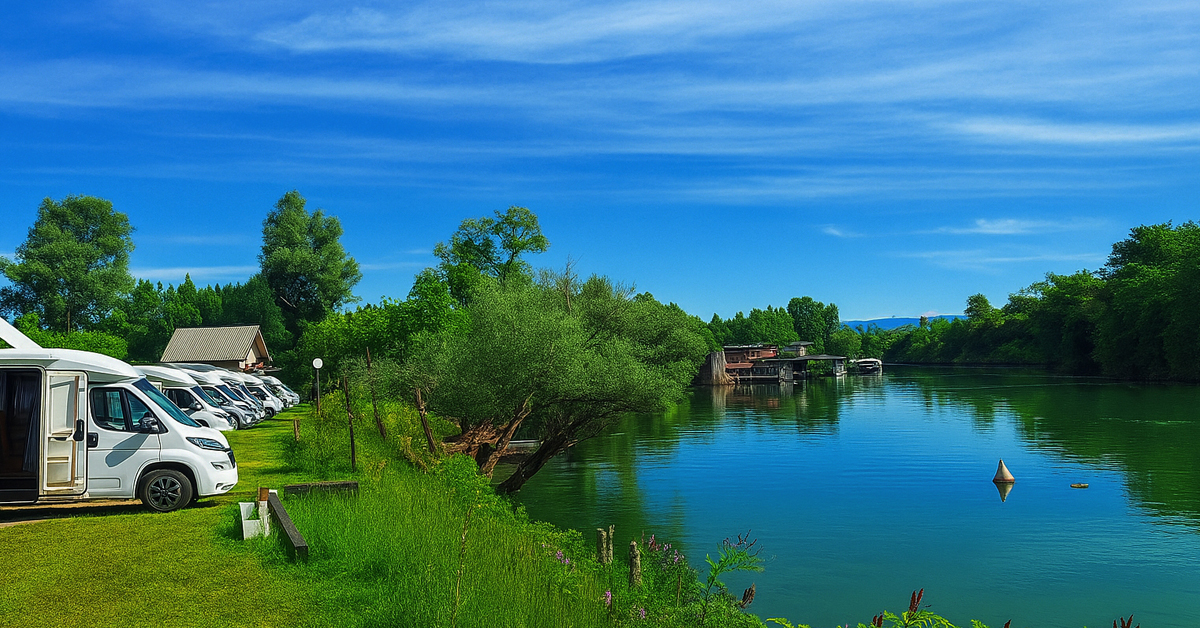The Camping Association of Montenegro, established in 2023, aims to strengthen the country’s camping sector and position it as one of the most sustainable and authentic forms of tourism.
According to Association President Veselin Bajčeta, Montenegro’s natural landscapes and growing interest in outdoor travel align with Europe’s broader return to nature and sustainable tourism trends.
Tourism data show that European campsites hosted 92 million visitors in 2023, accounting for 407 million overnight stays and €7.8 billion in spending.
While Montenegro currently has 40 registered campsites, there is no official data on visitation. Bajčeta believes the country holds “great, yet untapped potential” for developing camping tourism and that coordinated efforts can raise its visibility and quality.
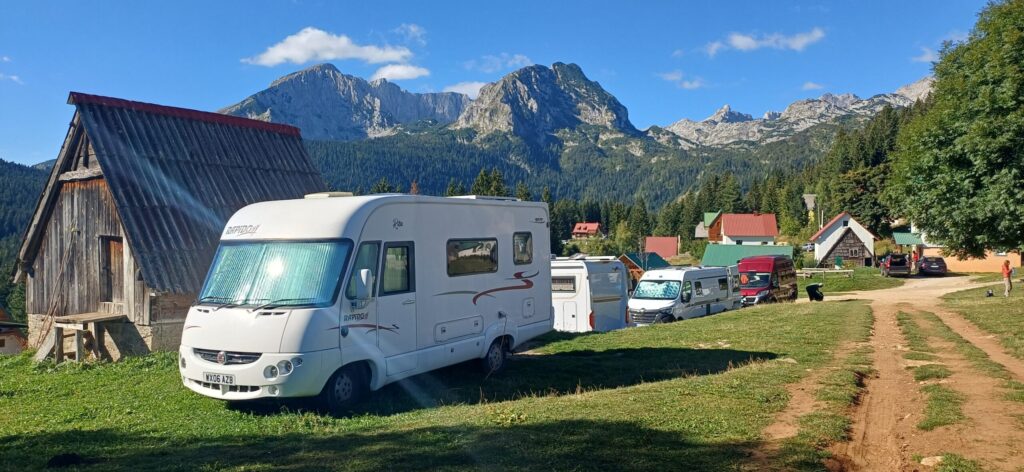
“Our goal is to raise the visibility of the camping offer through joint work, help campsites meet European standards, but also to influence the creation of a better business environment,” said Bajčeta.
“We want Montenegro to become recognized as a country of authentic, green, and family campsites.”
The association’s activities include assisting rural households in adapting their properties for camping and supporting infrastructure improvements. Bajčeta noted that the sector is experiencing tangible progress, not only in the number of campsites but also in the quality of services and guest experiences.
Many sites now offer outdoor recreation, local food, and community-centered hospitality. He added that Montenegro is increasingly viewed as a destination rather than a transit stop for campers traveling to neighboring countries.
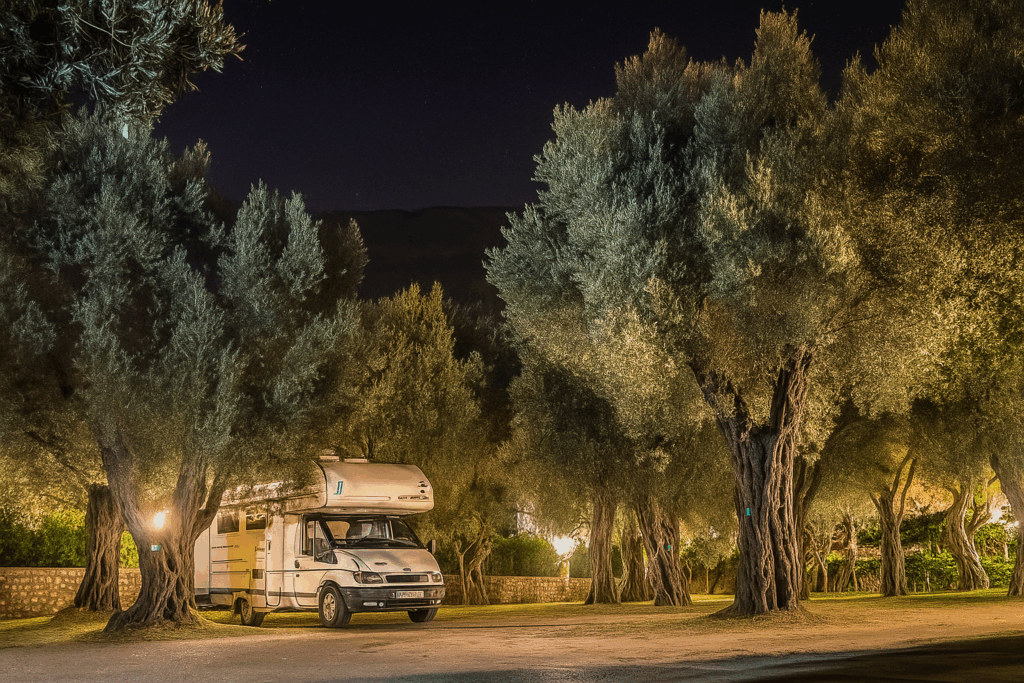
The camping season typically runs from April to October, providing a longer operational window than traditional tourism sectors. Bajčeta highlighted that many campsites maintain strong occupancy levels during the spring and autumn months, showing potential for year-round activity.
Growth has been particularly strong in central and northern regions, with new sites emerging near the Zeta and Morača rivers and around Lake Krupac in Nikšić. However, he noted that camping activity is declining along the southern coast due to urbanization and construction pressures.
Across Europe, the camping industry has expanded steadily since the pandemic as travelers seek more flexible and nature-oriented vacations. Bajčeta said Montenegro is well-positioned to benefit from these trends due to its proximity to major European markets such as Germany and Slovenia, its affordability, and its reputation for hospitality.
“Foreigners recognize this immediately—almost all the guests I have spoken to mention the warmth and spontaneity of Montenegrins, the coffee and brandy they receive as soon as they arrive. That is our real asset and something that cannot be copied,” he said.
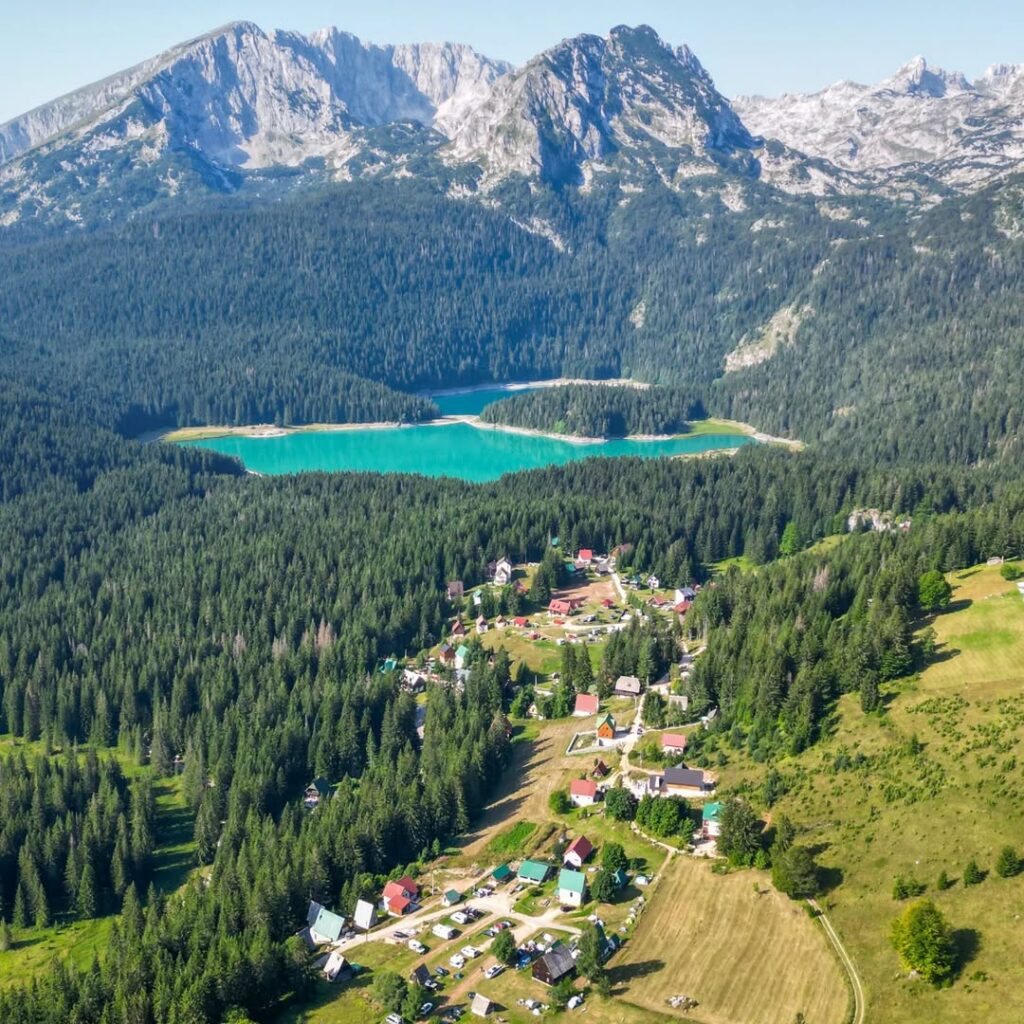
According to a report published by Vijesti, the Association plans to launch new initiatives to improve visibility and visitor experience, including a digital and printed guide featuring campsites and travel routes across the country.
It also collaborates with regional camping associations from Serbia, Bosnia and Herzegovina, Croatia, and Slovenia, and recently became a full member of global and European camping organizations. Bajčeta described this as “just the beginning of a good story,” emphasizing that the focus remains on gradual, sustainable growth.
Campsite operators report that guests, primarily from Germany, Poland, France, the Netherlands, and the Czech Republic, are staying longer than in previous years.
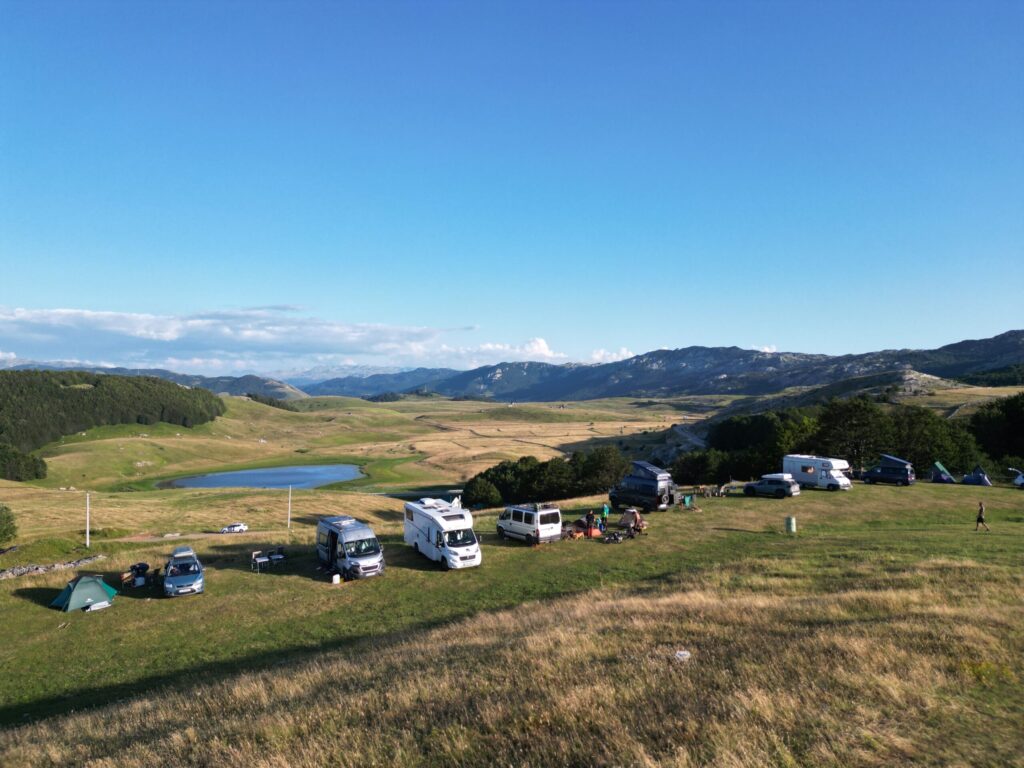
“Many plan to ‘just stay overnight,’ and end up staying for several days, which speaks best of the quality of the offer and experience that campsites in Montenegro provide,” said Bajčeta.
Infrastructure remains a key challenge for the industry. Bajčeta pointed to issues such as congestion at border crossings, unreliable electricity supply, inadequate road access, and waste management problems as factors affecting visitor experience.
He believes local governments could play a significant role in resolving these concerns.
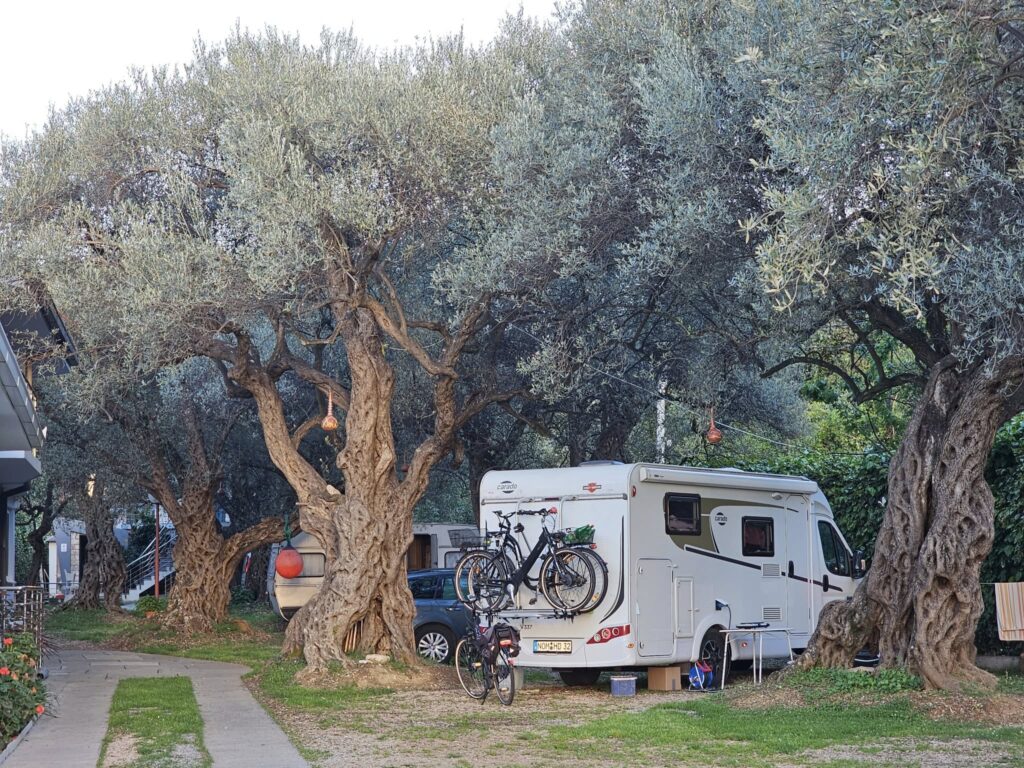
For professionals in the outdoor hospitality sector, Montenegro’s growing camping market illustrates how small destinations can leverage natural assets and authenticity to compete within Europe’s expanding camping economy.
The country’s approach to extending the season, diversifying locations beyond the coast, and emphasizing sustainable development provides a model for other emerging camping destinations.
Bajčeta concluded that stronger government support would help the sector realize its full potential. “A clear strategy, better regulation, and more understanding of the specific needs of campsites are needed. If this framework is set wisely, camping can become one of the healthiest and most sustainable branches of our tourism,” he said.
Featured image by Camping Association of Montenegro

